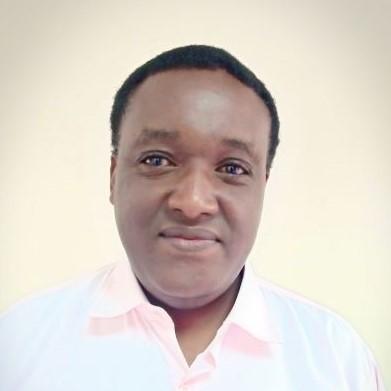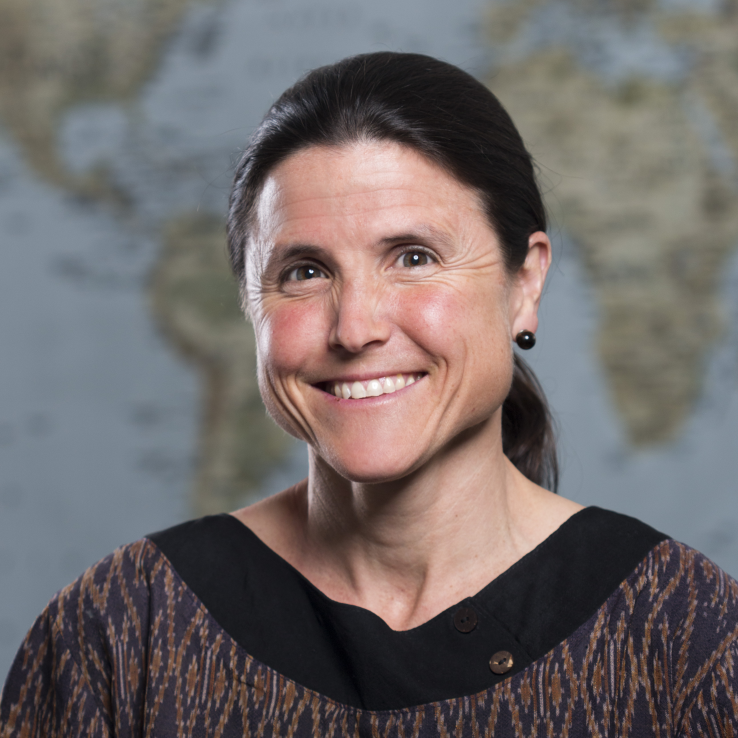The HIV Care Cascade Program trains health professionals at Kenyatta National Hospital and its partners at the Kenya Ministry of Health to conduct implementation science research that will improve HIV testing services, linkage to care and its delivery.
The program is in partnership with Kenyatta National Hospital (KNH), University of Nairobi Institute of Tropical and Infectious Diseases (UNITID), and the National AIDS/STD Control Program (NASCOP).
Directors:
Director, Dr. John Kinuthia, Kenyatta National Hospital, Nairobi
Director, Dr. Carey Farquhar, University of Washington
Dr. John Kinuthia

Dr. Carey Farquhar

INTEGRATE Training Tracks
Training in a variety of disciplines which have relevance for AIDS research can be provided, and training programs are individualized to meet the particular needs and career goals of each candidate. UW provides training for the MPH educational track:
- Degree track: A 4-year MPH/PhD program in implementation science (including an unpaid “gap” year)
MPH degree track
This track focuses on implementation science and health policy, specifically related to HIV treatment and prevention among women, resulting in an MPH degree from the UW Department of Epidemiology or Department of Global Health. This degree program will be 12 months, with an initial 9 months of didactic course work at the UW and 3 months conducting thesis research which includes a secondary-data analysis project.
All scholars will participate in an AIDS Core Curriculum, in addition to other activities.
AIDS Core Curriculum
- Responsible Conduct of International Research (Epidemiology 586/Global Health 532)*
- AIDS: A Multidisciplinary Approach (Epidemiology 530/Global Health 562)*
- Principles of Epidemiology (Epidemiology 511)*
- Principles of Biostatistics (Biostatistics 511)*
- Attendance at monthly IARTP Research Seminars
- Training in research with human subjects
- Attendance at monthly AIDS Clinical Conferences
*Courses are offered only during Fall quarter (September-December), the first quarter of the academic year.
Each scholar will have a faculty mentor selected on the basis of shared interests and potential for continued collaborative research. The faculty mentor will coordinate the individualized training program for the scholar and will serve as advisor for research conducted or planned by the scholar.